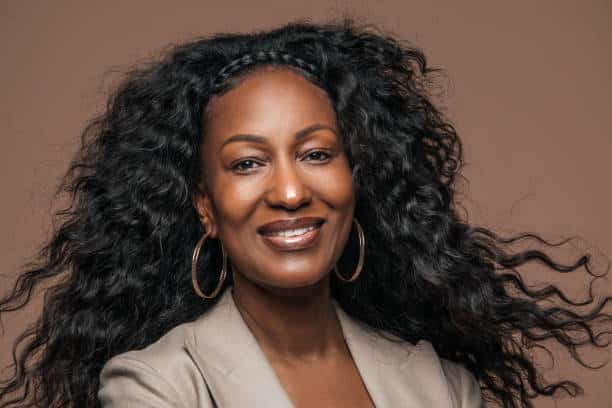
I used to think menopause was something for the 50-and-up club, picturing my older aunties and their “hot flash” stories. But honey, did you know that menopause can drop by when you’re just getting into your 40s groove, or even sooner?
For those of us juggling careers, maybe even daydreaming about a mini-me addition, this early menopause talk might sound like a skipped record. But we’ve got to dish on this, especially when the world’s been keeping it on the hush.
The Lowdown on Early Menopause
While most women experience menopause around 51, a significant seven percent start their menopausal journey earlier. Be it genetics or life’s unexpected turns, early menopause is a reality for some.
Arming yourself with information is key. Knowing that menopause can make an early appearance helps you approach your physician with confidence and map out your journey.
Knowing the Signs
For those who might be wondering if they are entering the early menopause phase, one of the first and most evident signs is a shift in your menstrual patterns, where periods may become more sporadic or even cease altogether. Accompanying this are hot flashes, which are sudden sensations of intense heat in the body. Vaginal dryness, often leading to discomfort during intercourse, is another common symptom.
Additionally, women may experience night sweats, sleep disturbances, and mood changes ranging from irritability to depression. A noticeable decrease in libido, bladder control issues, and dry skin, eyes, or mouth might also indicate the onset of early menopause.
RELATED: Early vs. Premature Menopause: What’s the Difference?
Spotting those early menopause signs?
Kudos to you for being in tune with your body. That’s your first win. But knowing is just the beginning. Now it’s time to dive deeper, consult with your doctor, and make sure you’re armed with all the info.
Hormone Replacement Therapy (HRT) might come up in those conversations. It’s one of those big-deal options that can help ease the rollercoaster of symptoms. While HRT isn’t everyone’s cup of tea, and it comes with its considerations, for many, it’s a game-changer. It’s all about creating a tailored strategy, taking the wheel, and driving through this phase with poise and a solid plan. With the right moves, you’ve got this transition in the bag.
Additionally, prioritizing mental well-being is crucial, so consider counseling or therapy to navigate the








